To Be an Enlightened Conservative...
Explore essential reads for the enlightened conservative with this curated list of books. Discover timeless wisdom, philosophy, and insights to deepen your conservative principles with intellectual rigor.
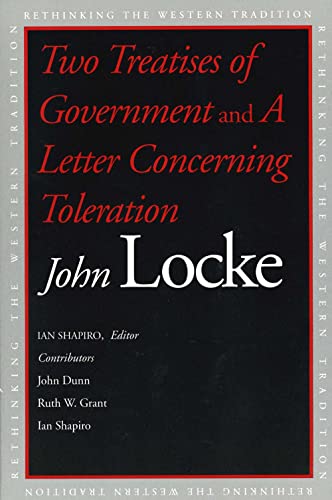
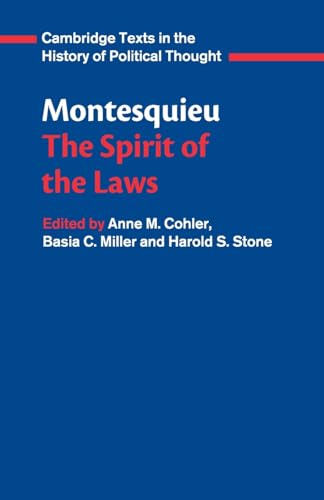
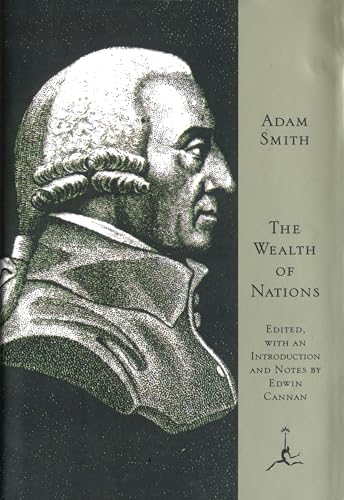
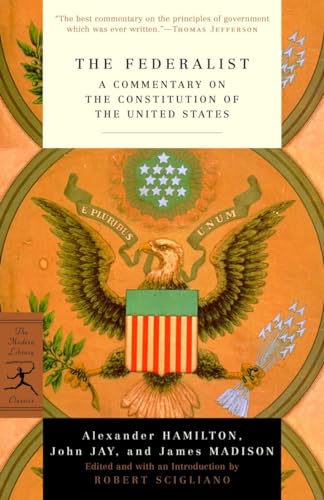
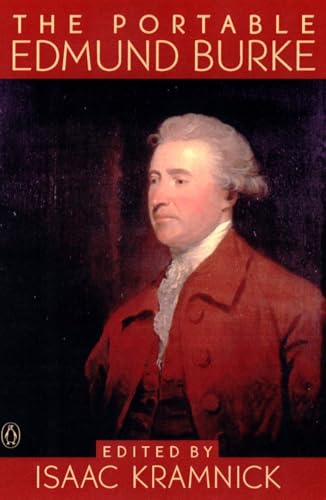



Book
The Road to Serfdom
by Friedrich August Hayek
Examines the relationship between individual liberty and government authority, and argues that granting government control of the economy leads to disaster

Book
Capitalism and Freedom
by Milton Friedman
In the process, he outlines the role that government should play in a society dedicated to freedom and relying primarily on the market to organize economic activity.".
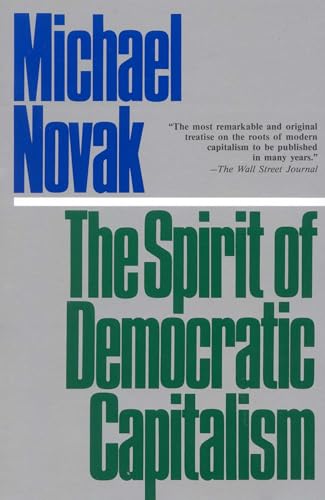
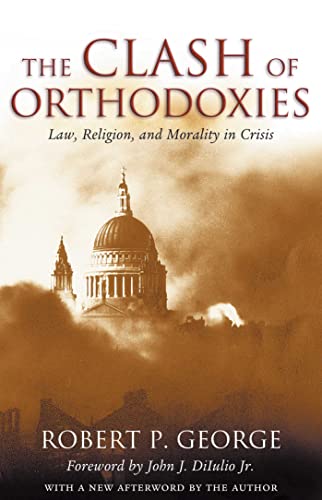

Book
The Rise and Fall of the Great Powers
by Paul Kennedy
About national and international power in the "modern" or Post Renaissance period. Explains how the various powers have risen and fallen over the 5 centuries since the formation of the "new monarchies" in W. Europe.
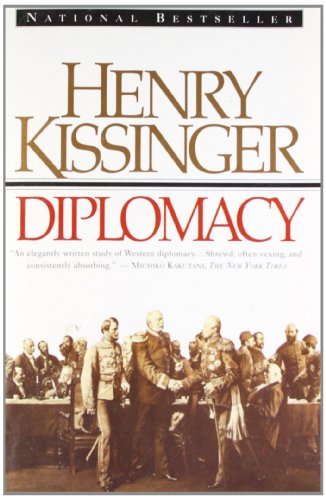
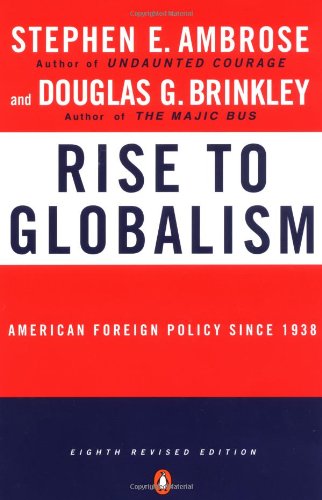


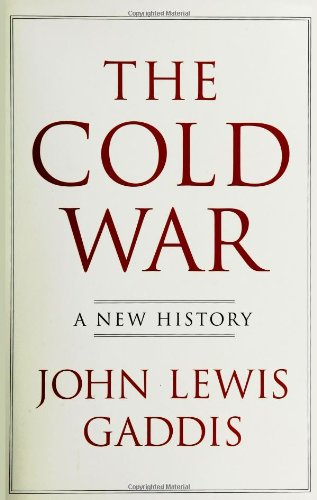
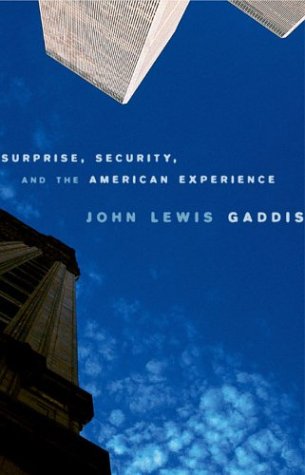


Book
The Clash of Civilizations and the Remaking of World Order
by Samuel P. Huntington
Based on the author's seminal article in Foreign Affairs, Samuel P. Huntington's The Clash of Civilizations and the Remaking of World Order is a provocative and prescient analysis of the state of world politics after the fall of communism. In this incisive work, the renowned political scientist explains how "civilizations" have replaced nations and ideologies as the driving force in global politics today and offers a brilliant analysis of the current climate and future possibilities of our world's volatile political culture.

Book
What Went Wrong?
by Bernard Lewis
For centuries, the world of Islam was in the forefront of human achievement -- the foremost military and economic power in the world, the leader in the arts and sciences of civilization. Christian Europe was seen as an outer darkness of barbarism and unbelief from which there was nothing to learn or to fear. And then everything changed. The West won victory after victory, first on the battlefield and then in the marketplace. In this elegantly written volume, Bernard Lewis, a renowned authority an Islamic affairs, examines the anguished reaction of the Islamic world as it tried to make sense of how it had been overtaken, overshadowed, and dominated by the West. In a fascinating portrait of a culture in turmoil, Lewis shows how the Middle East turned its attention to understanding European weaponry, industry, government, education, and culture. He also describes how some Middle Easterners fastened blame on a series of scapegoats, while others asked not "Who did this to us?" but rather "Where did we go wrong?" With a new Afterword that addresses September 11 and its aftermath, What Went Wrong? is an urgent, accessible book that no one who is concerned with contemporary affairs will want to miss.


Book
From Beirut to Jerusalem
by Thomas L. Friedman
Examines Israeli-Palestinian relations, the PLO, Israeli politics, Lebanese factions, news reporting from the Middle East, and other issues of the Middle East.

Book
The World Is Flat
by Thomas L. Friedman
Offers a concise history of globalization, discussing a wide range of topics, from the September 11 terrorist attacks to the growth of the middle class in both China and India.

Book
The Future of Freedom
by Fareed Zakaria
The Future of Freedom is a groundbreaking work in which Newsweek International editor Fareed Zakaria presents a penetrating and provocative analysis of the most powerful force sweeping the world - democracy. Tracing the rise of democracy through history, Zakaria reveals why, although democracy has broken down hierarchies, opened up closed systems, and given rise to freedom in some places, it has also fostered chaos, ethnic warfare, and destroyed the very liberties and freedoms it is meant to produce. In The Future of Freedom, Zakaria calls for a re-evaluation of our beliefs in democratic ideals and, in particular, the widely held notion that more democracy means more freedom and a guarantee of greater civil and economic liberties. This book is a call for self-control, for a restoration of the balance between democracy and liberty, Zakaria writes. It is not an argument against democracy. But it is a claim that there can be such a thing as too much democracy; too much of an emphatically good thing.